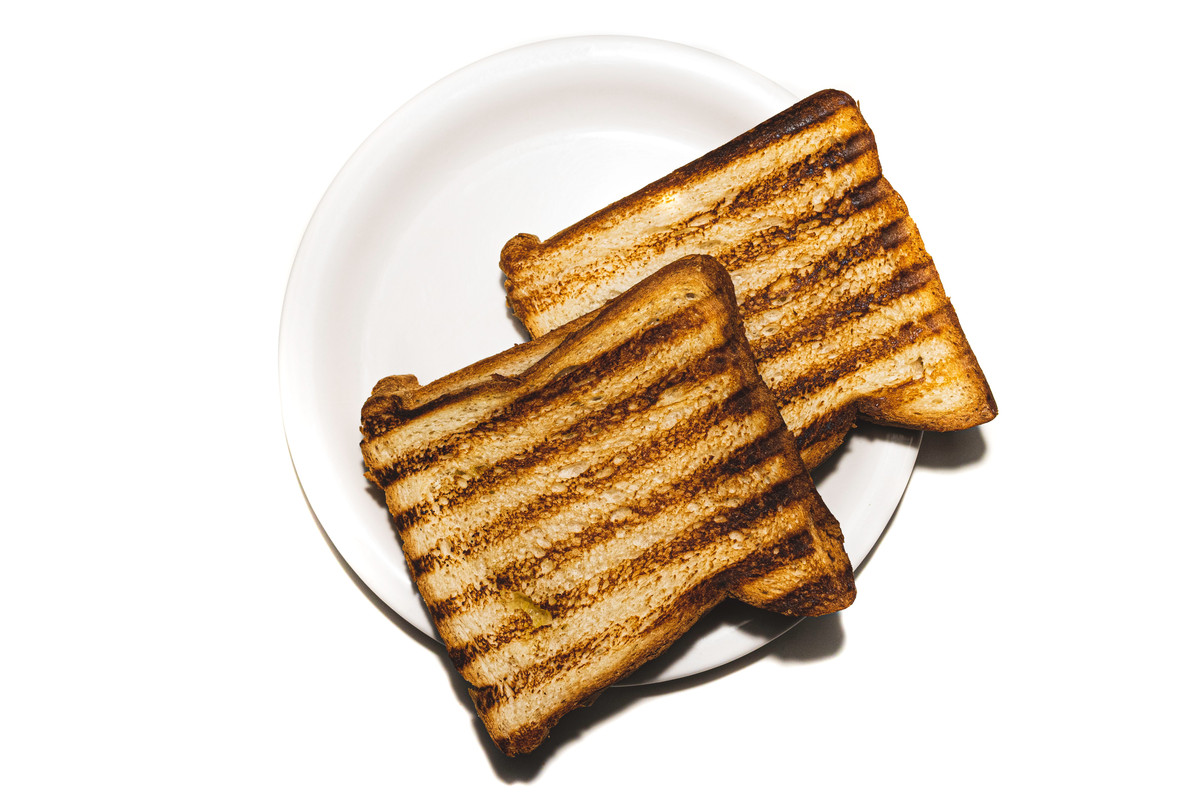Toast: The Good, the Bad, and the Ugly

How did "toast" come to mean two apparently disparate things: lightly burnt bread, and a cup raised to the health and honor of a person?
Short version: The Roman habit was to put a bit of blanckened bread in their cup of wine to remove bad flavors from poorly made wines. The Latin word for "browning with heat" was tostare, and the result was tostus. "Toasting" became honorable, and became a way to express honor for another.
The longer version:
At some point, wine clarified and improved by a bit of toast became figurative language for a "beautiful or popular woman whose health is proposed and drunk to". - https://www.etymonline.com/word/toast
Raising a cup of wine in honor of a woman, and expressing respect and resolve for good things, all seem to make toasting a worthy ritual.
But inevitably, over-drinking and over-politicizing becomes boistrous at best, ribald or even rebellious at worst. Binge drinking, and devisive politics can adopt the ritual of toast as an expression of outrage and an effective weapon.
All of which can be bad for business.
As early as the 17th century, owners posted "Twelve Good Rules" in their pubs, and first on the list was a prohibition of "healths", meaning "toasts":
- Urge no healths
- Profane no divine ordinances
- Touch no State matters
- Reveal no secrets
- Pick no quarrels
- Make no comparisons
- Maintain no ill opinions
- Keep no bad company
- Encourage no vice
- Make no long meals
- Repeat no grievances
- Lay no wagers.
Swell. Yet another thing to consider as I plan my Rule of Life. To toast, or not to toast?
Thanks to the following sources:
- www.etymonline.com/word/toast
- www.newyorkalmanack.com/2020/12/twelve-tavern-rules-and-thirteen-toasts/


Comments
Post a Comment